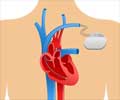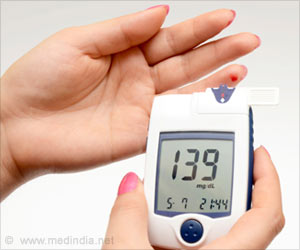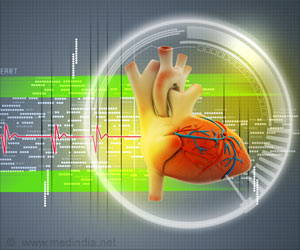Common smartwatches coupled with a deep neural network can be used to measure irregular heartbeats, finds a new study

TOP INSIGHT
Atrial fibrillation, a leading cause for stroke can be detected early with commercially available smartwatches.
Who and When: 9,750 participants with an Apple Watch enrolled in the Health eHeart Study, including 347 with self-reported AF, and another group of 51 patients undergoing cardioversion, a treatment using medication or electricity, to restore regular heart rhythm from 2016 to March 2017; participants wore smartwatches to collect heart rate and step count data as part of the development and training of a deep neural network, which is a type of machine learning algorithm, to detect AF.
What (Study Measures): Validation of the neural network to detect AF with 51 patients undergoing cardioversion compared against the standard of 12-lead electrocardiography (ECG); and a second exploratory analysis using smartwatch data from 1,617 ambulatory individuals to classify those with AF compared against self-reported AF.
How (Study Design): This was an observational study. Scientists were not intervening for purposes of the study and cannot control all the natural differences that could explain the study findings.
Authors: Gregory M. Marcus, M.D., M.A.S., University of California, San Francisco, and co-authors.
Study Conclusions: These data support further research regarding the use of commercially available smartwatches coupled with a deep neural network for the purpose of detecting AF.
Source-Eurekalert
 MEDINDIA
MEDINDIA




 Email
Email




